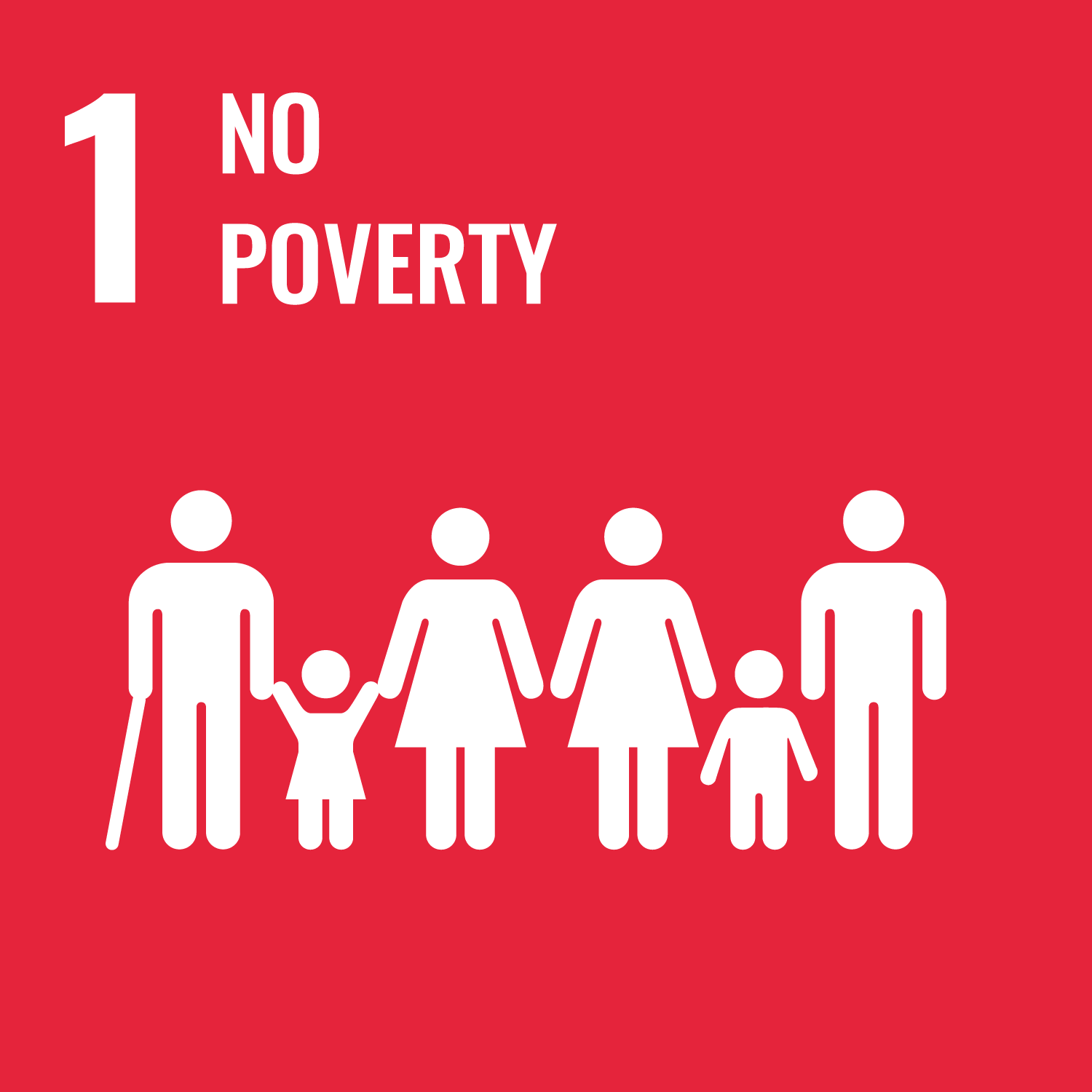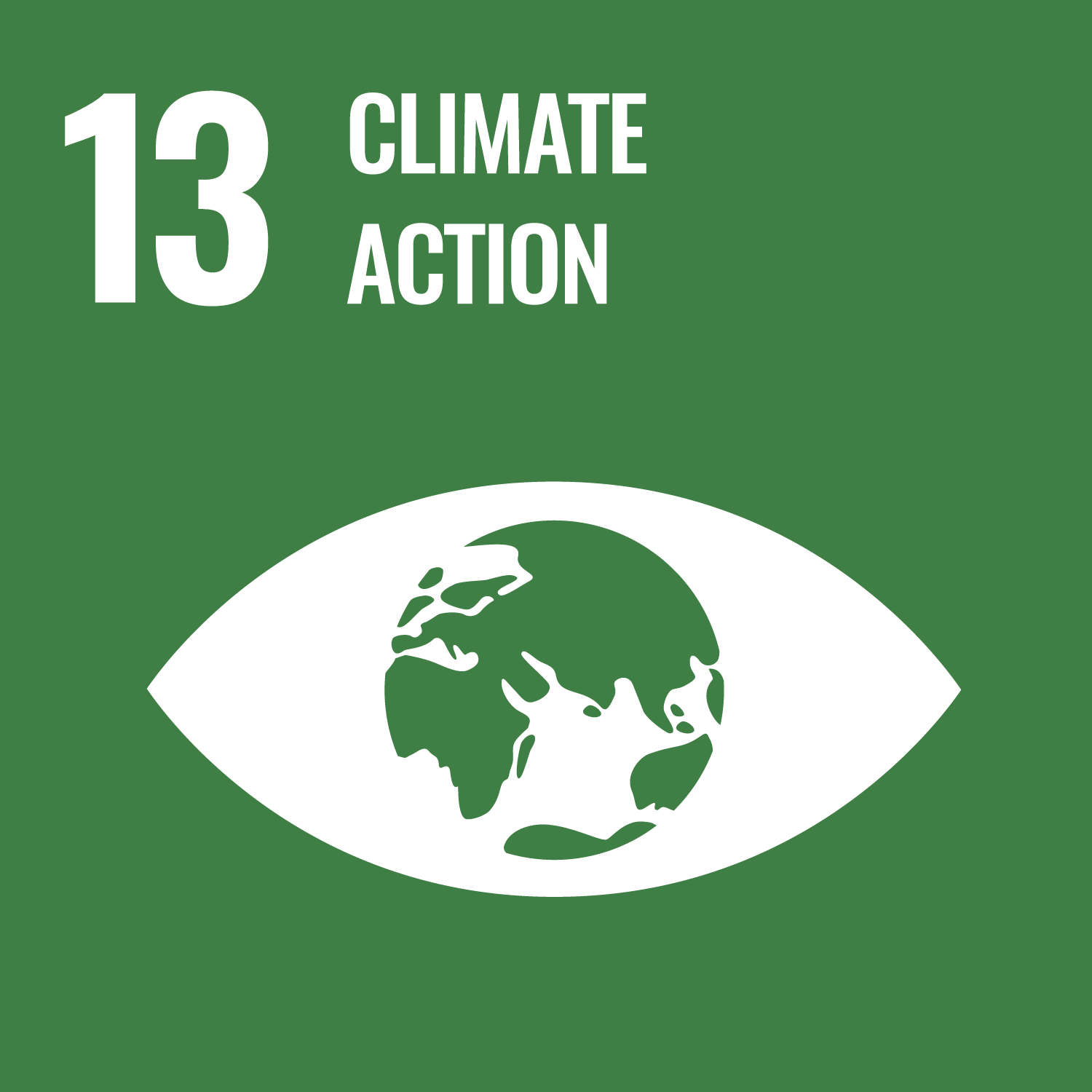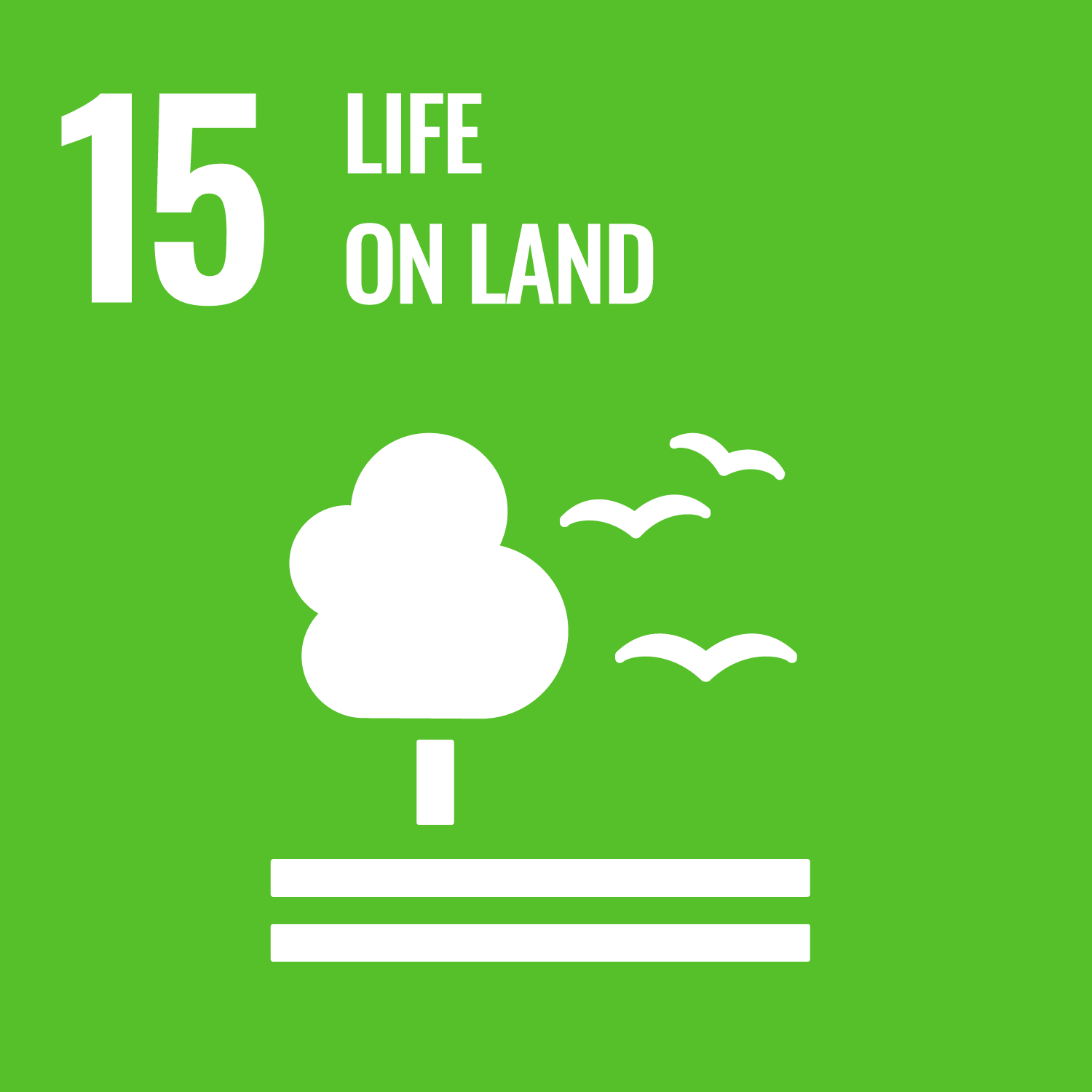- عربي
- 中文
- English
- Français
- Русский
- Español
REINFORCING THE SUSTAINABLE GRADUATION SUPPORT FACILITY (IGRAD):

A smooth transition from the least developed country category is vital to avoid disruptions in the development path of graduating countries. Phasing out international support measures (ISMs) is a delicate process that requires careful planning from both graduating LDCs and development partners. Traditionally, graduating LDCs require dedicated assistance to face the structural challenge of phasing out support measures without losing market access, technology transfers and competitiveness. The slow recovery from COVID-19, coupled with the escalating climate, food, and energy crises, have accentuated the need for smooth graduation strategies. The Sustainable Graduation Support Facility (iGRAD) allows the deployment of country-led and country-tailored capacity building assistance for smooth transition strategies that protect development gains of graduating countries. It also provides coordinated UN system support to deliver graduation- related advisory and capacity-building services.
Download DPoA Deliverables and 2030 Agenda »
HOW?
- By providing technical and policy options to graduating countries to adapt to post- graduation challenges and to support implementation of smooth transition strategies.
- By supporting country- specific monitoring processes and providing policy advice to avoid any reversals in development gains.
- By serving as a repository and clearing house of initiatives and projects that support graduating and graduated countries.
OTHER SDGs BENEFITED





Smooth transition measures aim to maintain development momentum during graduation and post-graduation phases. Thus, they are crucial in supporting steady progress towards all SDGs. Since international support measures have a strong focus on preferential market access, duty free and quota free treatment, support through the iGRAD facility can have a significant impact on the SDGs related to structural transformation, sustainable growth, and poverty reduction. iGRAD also supports graduated and graduating LDCs to prepare and build their resilience against shocks including climate change, natural disasters, and health.


